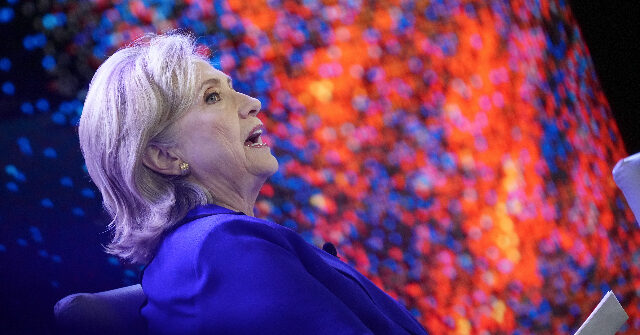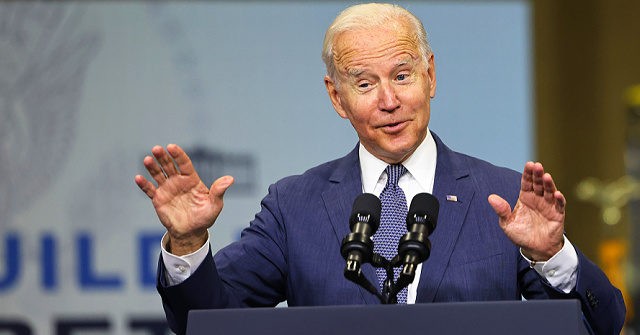
Hillary Clinton and Climate Change Propaganda
The article claims that Hillary Clinton is urging Hollywood to create media content that targets you...
Read more
Brendan Carr, the Republican commissioner of the Federal Communications Commission (FCC), has criticized the Biden administration for failing to connect a single person to high-speed internet with the $42.5 billion allocated from the Infrastructure Investment and Jobs Act. Carr argues that the administration's program is plagued with bureaucratic hurdles and slow deployment. He cites a recent report from the Government Accountability Office (GAO) that found that the administration has only awarded $7.5 billion in grants for internet infrastructure, with only a small portion of that money actually being used for construction. Carr further states that the administration has been reluctant to use the funding for projects that could potentially benefit rural communities, citing a preference for "woke" projects like "digital equity" initiatives that he claims are ineffective. The White House has defended its efforts, arguing that the internet infrastructure program is still in its early stages and that the administration is focused on using the funds to connect underserved communities. They have also pointed to the difficulties in navigating regulatory hurdles and the need to prioritize infrastructure projects based on need. The debate over the administration's internet infrastructure program highlights the ongoing political divide in the United States, with Republicans and Democrats clashing over the best way to expand broadband access in rural areas.
Summary
"Brendan Carr, a Republican FCC commissioner, criticizes the Biden administration for failing to connect anyone to high-speed internet using the $42.5 billion allocated from the infrastructure bill. He claims the program is burdened by bureaucracy and slow deployment, citing a GAO report. Carr argues for prioritizing rural communities over "woke" projects, while the White House defends the program's early stage and focus on underserved areas. The debate reflects the ongoing political divide over broadband expansion in the US."
Updated at: 06.17.2024
Categories